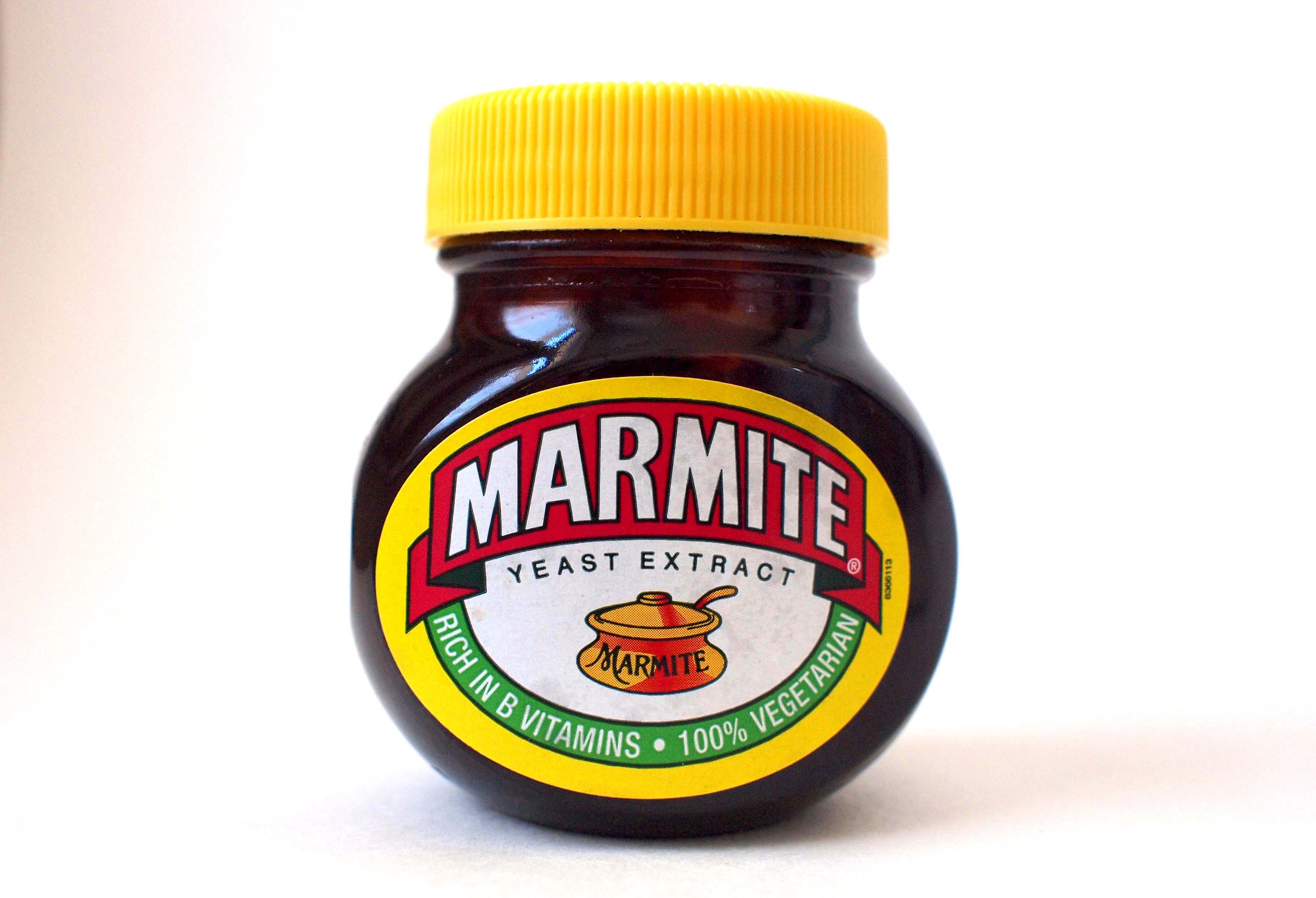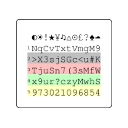Kinda expected, I always disable leta when I setup a mullvad browser.
The biggest killer was not being able to go to the original engine. Let’s search for the image of a duck, oh leta doesn’t do images, ok open this search in Google… Not a option either. Adds lots of friction
I like the DDG option of having a g! Escape to Google with my query if I need it.













They made it the default search engine on their browser, which is now not working. Heh